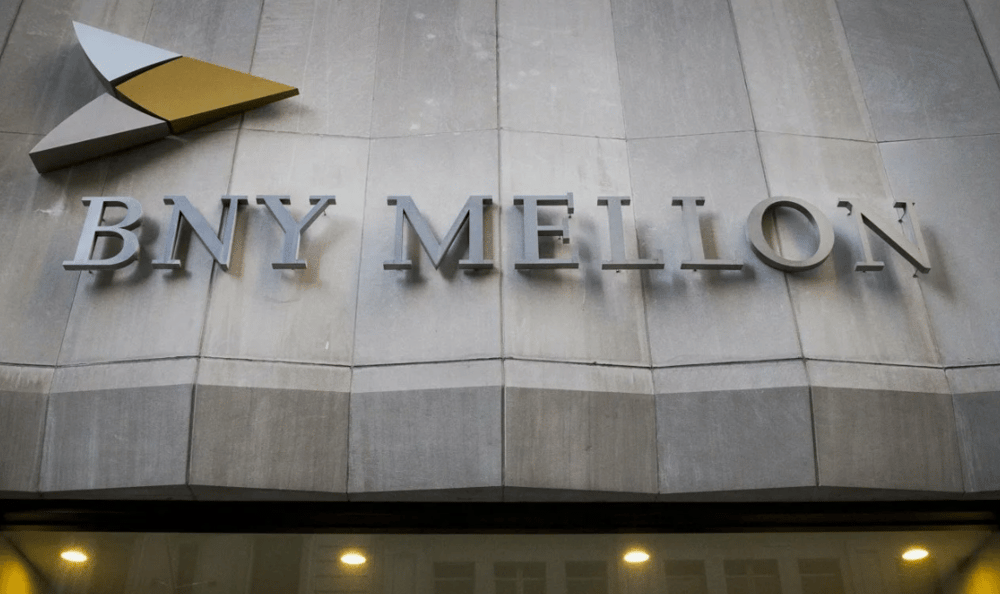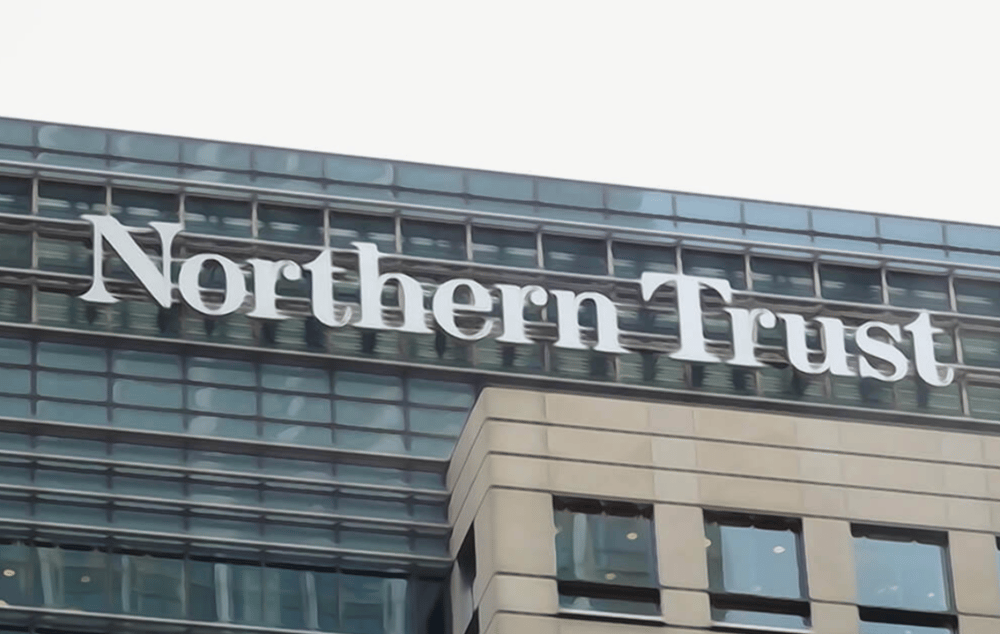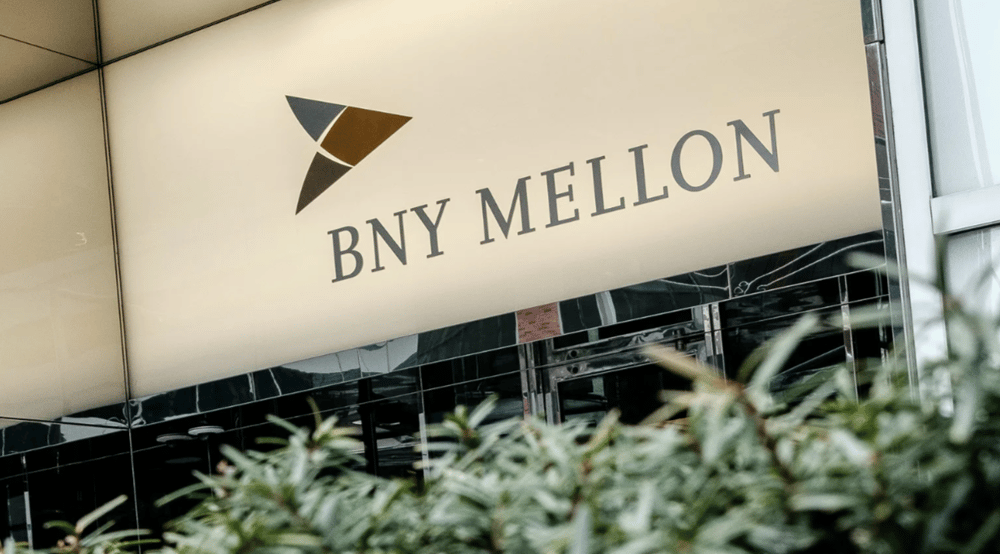M&A Momentum in the U.S. Financial Sector: BNY Mellon Initiates Early Talks with Northern Trust
In a move that could reshape the U.S. custody banking landscape, Bank of New York Mellon Corp $BK has reportedly initiated merger discussions with Northern Trust Corp $NTRS. According to The Wall Street Journal, the two institutions held preliminary conversations last week, although no formal proposal has been submitted and talks remain exploratory.
Both BNY Mellon and Northern Trust are cornerstone players in the asset servicing and custody banking business — a sector under growing pressure to scale amid fee compression, rising technology costs, and increased regulatory scrutiny. The merger, if realized, would mark one of the largest consolidations in U.S. trust banking in recent years.

Strategic Implications of a BNY–Northern Trust Merger
Merging BNY Mellon, the world’s largest custodian bank by assets under custody (AUC), with Northern Trust, a stronghold in wealth management and institutional custody, would reshape market dynamics. BNY Mellon, with over $47 trillion in AUC as of Q1 2025, is seeking greater efficiency and margin leverage. Northern Trust, with around $16 trillion in AUC, would offer complementary scale and geographic expansion in ultra-high-net-worth (UHNW) private banking and asset servicing.
This potential combination reflects an industry-wide trend where traditional financial institutions seek growth through consolidation as interest rate tailwinds fade and organic growth slows. The talks follow similar movements in Europe and Asia, where cross-border M&A in financial services is gaining momentum.
Key Facts:
BNY Mellon reportedly expressed interest in merging with Northern Trust.
No formal offer has been made; discussions remain in early stages.
Combined entity would significantly consolidate the U.S. custody banking market.
The deal could reshape institutional custody, wealth management, and asset servicing segments.
Regulatory hurdles likely to be substantial, given the systemic importance of both firms.

Investor and Market Reactions: Assessing the Early Signals
Initial investor response has been cautious. Shares of Northern Trust rose modestly in pre-market trading following the report, reflecting market optimism around a potential premium offer. Meanwhile, BNY Mellon shares held steady, with analysts weighing the long-term strategic value against the short-term cost and regulatory friction such a merger would entail.
Equity analysts are split on the likelihood of a transaction. While the strategic rationale is clear — scale, cost synergies, and product alignment — the regulatory landscape is complex. A merger between two systemically important U.S. banks (SIBs) would trigger heightened oversight by the Federal Reserve, Department of Justice, and global antitrust bodies.
Key Market Insights:
Stock movements: NTRS sees upside on deal speculation; BK remains stable.
Regulatory complexity: Consolidation among SIBs likely to face intense scrutiny.
Sectoral impact: Smaller custody and wealth managers may face competitive pressure.
Synergy expectations: Analysts project ~$1.2–1.5 billion in potential cost synergies over 3 years.
Macroeconomic backdrop: Softening interest rate environment puts margin pressure on banks reliant on net interest income (NII).

Critical Deal Considerations:
Strategic alignment: Strong fit in custody banking, but overlap in asset servicing may pose integration risks.
Cultural compatibility: Differences in management philosophy and regional focus could complicate execution.
Technology platforms: Merging back-office systems and custody infrastructure could deliver scale benefits but at high integration cost.
Regulatory review: Transaction would require SIFI (Systemically Important Financial Institution) approval protocols, including capital stress testing and anti-trust review.
Market positioning: Combined firm would dwarf most peers in asset servicing, raising competitive and operational benchmarks.
A Defining Moment for U.S. Custody Banking?
While no deal has been finalized, the reported interest from BNY Mellon in acquiring Northern Trust signals a potential turning point in U.S. banking sector consolidation. The rationale is compelling: economies of scale, diversified revenue streams, and enhanced service offerings. Yet the road to execution is complex, fraught with regulatory, operational, and cultural hurdles.
If the merger materializes, it would not only reinforce BNY Mellon’s dominance in global asset servicing but could also set off a wave of consolidation among mid-tier custodians and trust banks. Market participants will closely monitor the progression of talks — and any regulatory response — in the coming weeks.















Comments
This potential merger could significantly alter the dynamics of custody banking in the U.S.!